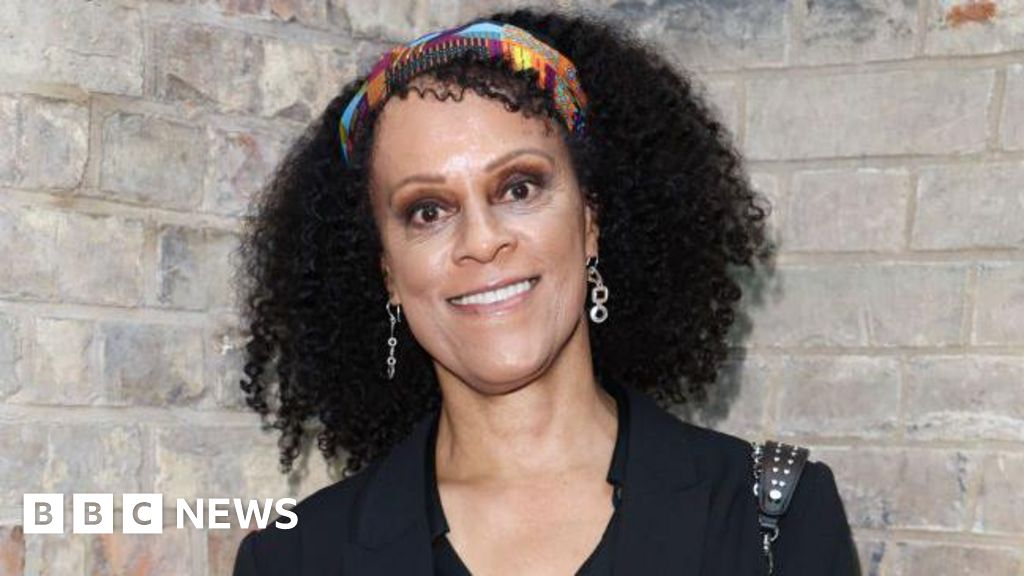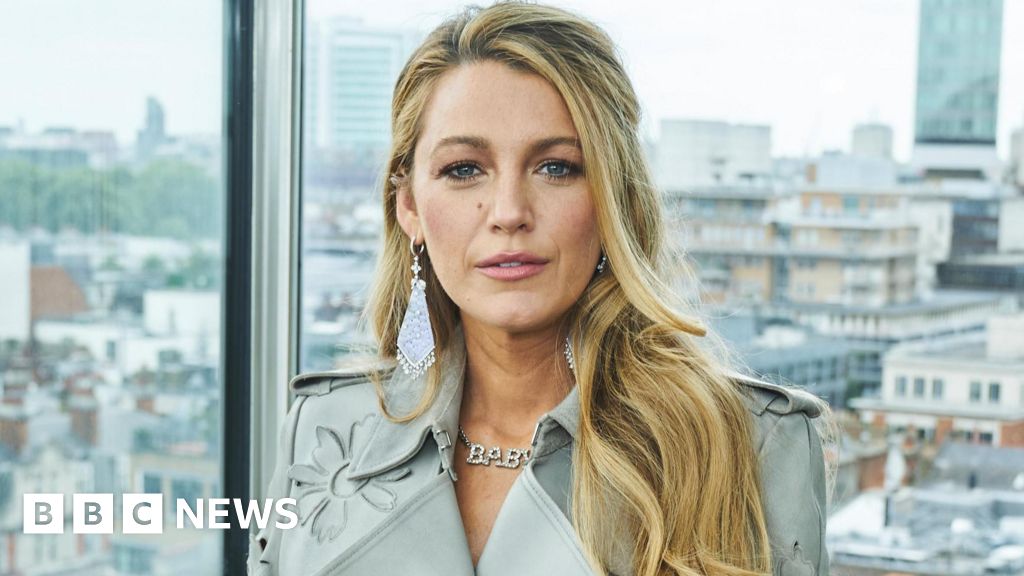ARTICLE AD BOX
A designer who said he was "made a scapegoat" after Martin Bashir asked him to forge documents in order to secure an interview with Princess Diana has reached a settlement with the BBC.
Matt Wiessler did not know how Mr Bashir, then a Panorama reporter, intended to use the faked statements.
But he later discovered executives had decided he would not work for the BBC again, effectively ending his career.
The BBC has apologised and said he "acted with complete integrity".
The amount Mr Wiessler received from the BBC, and other terms of the agreement, have not been revealed.
A BBC statement said: "We are pleased that the BBC and Mr Wiessler have reached an agreement.
"We would like to repeat our full and unconditional apology to Mr Wiessler for the way he was treated by the corporation in the past.
"We also apologise to Mr Wiessler's family. Mr Wiessler acted with complete integrity, including in raising his concerns at the time and we are sorry that these were not listened to. We wish Mr Wiessler all the best for the future."
Mr Wiessler's lawyer Louis Charalambous added: "Mr Wiessler is relieved that the BBC has now matched the director general's fulsome apologies with appropriate financial compensation for the wrongs done to him and the profound impact they had on his and his family's life.
"It is important to my client that the BBC has acknowledged that he acted properly and responsibly throughout."
'Absolutely gobsmacked'
Mr Wiessler was in the process of leaving the BBC and setting up his own production company when he was asked to mock up some bank statements by Bashir in 1995.
The Panorama reporter provided the details without mentioning any connection to Diana, Princess of Wales.
These were then used to lend credibility to Bashir's false claims in meetings with Diana's brother Earl Spencer that the princess was under surveillance and being conspired against by royal aides - helping the BBC interviewer to win her trust and eventually her famous interview later that year.
Mr Wiessler said he only realised the connection between the documents he mocked up and the interview after it was broadcast, and he approached BBC bosses the following month.
In 1996 an internal inquiry led by the BBC's then head of news Tony Hall found that Bashir was "an honest man" but Mr Wiessler would not work for the organisation again.
Last year, Mr Wiessler said: "I was a news and current affairs designer/director. That work pretty much dried up. After two and a half years or so, I threw in the towel and I left London.
"It's a bit like blaming the pen for writing a nasty letter... I was absolutely gobsmacked that in a board of governor[s] meeting that was there to look into what Martin had done, I was made the scapegoat.
"I don't know how you can plausibly tell a story that a graphic designer is to blame for using copied documents as forgery, and I've been living with this for 25 years."

 3 years ago
143
3 years ago
143








 English (US) ·
English (US) ·